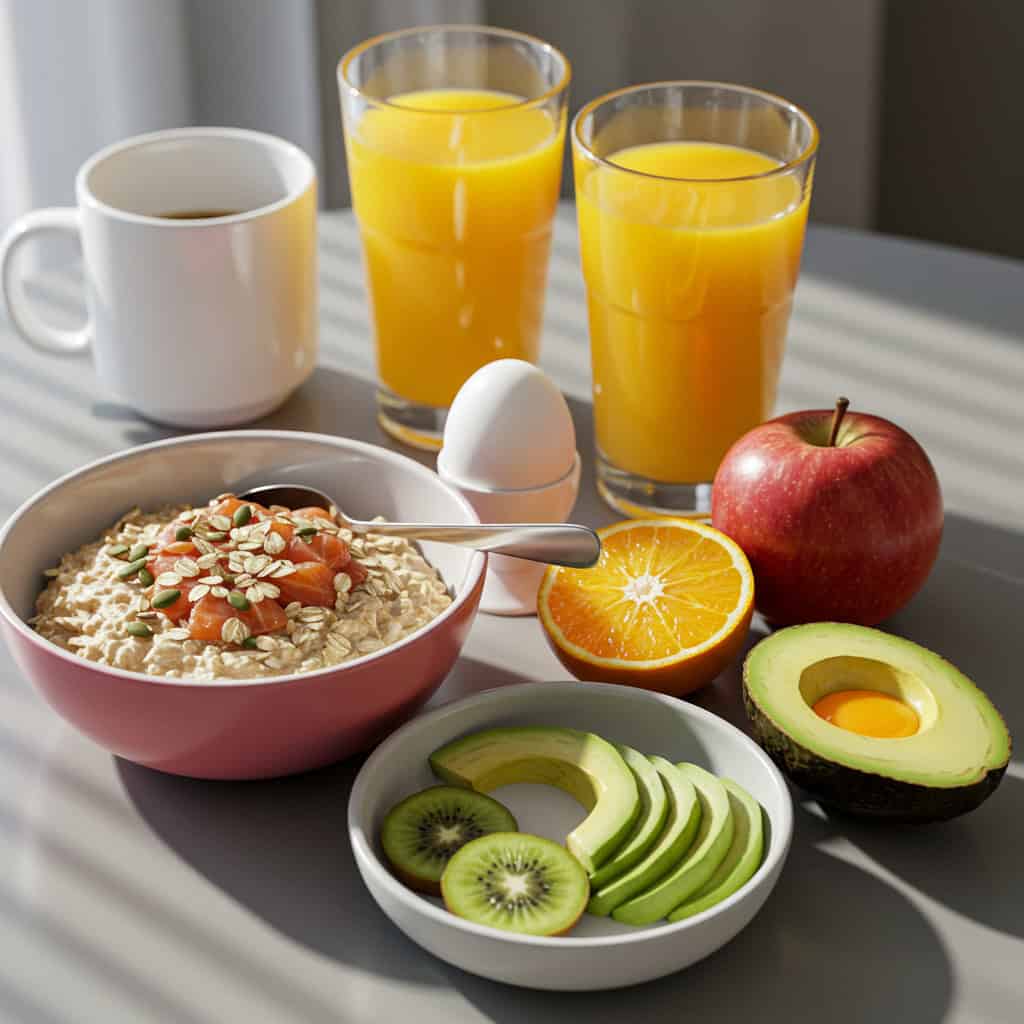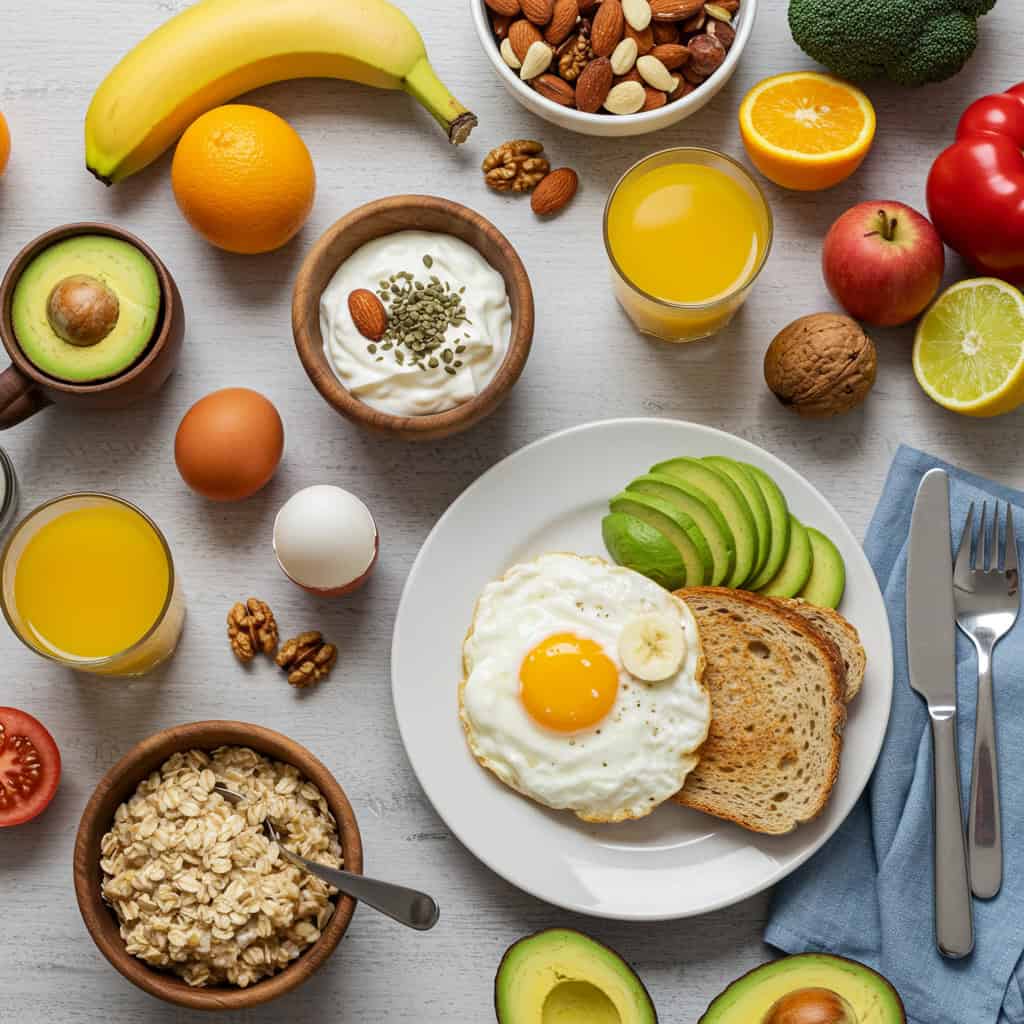Why Breakfast Really Is the Most Important Meal
The debate over whether breakfast truly matters has been ongoing, with some claiming it is essential while others skip it altogether. Recent research, however, sheds new light on its powerful impact on energy, metabolism, and overall wellness. Understanding the significance of this first meal can help you make informed choices that set the tone for the rest of your day. In this article, you’ll discover science-backed reasons to prioritize breakfast and practical tips for building a healthier morning routine.
The Science Behind Breakfast

Eating breakfast jump-starts your metabolism after a night of fasting, helping your body begin burning calories and providing vital energy for the day ahead. Studies show that consuming a balanced morning meal can enhance memory, attention, and mental performance, especially in children and adolescents. Skipping breakfast, on the other hand, has been linked to increased risks of weight gain, insulin resistance, and cardiovascular issues. Prioritizing this meal supports both physical and mental health. To explore the research, visit National Institutes of Health.
Recognize the Benefits of a Nutritious Breakfast

A nutritious breakfast offers a variety of benefits, including improved energy levels throughout the morning, enhanced concentration and memory, and better appetite control. Eating a meal rich in fiber, protein, and healthy fats helps stabilize blood sugar and reduces unhealthy snacking later in the day, supporting weight management. Prioritizing whole grains, fruits, and lean proteins sets a positive tone for the rest of your dietary choices. For more on how breakfast can influence your daily performance, see the insights from the Academy of Nutrition and Dietetics.
Choose the Right Foods for an Energizing Start

Selecting the right foods for breakfast is key to maintaining energy and curbing hunger. Aim for a balance of whole grains (such as oatmeal or whole-wheat toast), lean proteins (like eggs or Greek yogurt), healthy fats (nuts or avocado), and plenty of fruits or vegetables. These components work together to provide lasting fullness and steady blood sugar, helping you avoid mid-morning crashes. For inspiration and evidence-based breakfast ideas, explore the recommendations from the Centers for Disease Control and Prevention.
Establish a Consistent Morning Routine

Creating a dependable morning routine makes it easier to fit breakfast into your day. Start by setting your alarm a few minutes earlier to allow for a calm, unhurried meal. Consider meal prepping breakfast items like overnight oats or egg muffins in advance to save time. Organize your kitchen the night before to streamline your mornings and reduce stress. These simple strategies help ensure you never have to skip breakfast, no matter how busy you are. For more tips on efficient meal planning, visit EatingWell.
Overcome Common Barriers to Eating Breakfast

Many people skip breakfast due to time constraints, low morning appetite, or lack of inspiration. To combat these challenges, try grab-and-go options like fruit, yogurt parfaits, or whole-grain bars. If you’re not hungry early, experiment with smaller portions or eating breakfast a bit later in the morning. Rotating simple, nutritious recipes can also keep morning meals interesting and convenient. With a little planning, breakfast can fit any schedule or preference. Discover more solutions and easy recipes at BBC Good Food.
Make Breakfast Enjoyable and Sustainable

Keeping breakfast enjoyable is key to making it a lasting habit. Experiment with new recipes, flavors, and even global breakfast traditions to add excitement to your morning routine. Personalize your meals to suit your taste preferences, dietary needs, and lifestyle, ensuring breakfast never feels like a chore. The more you look forward to this meal, the easier it is to maintain the routine. For ideas on creative and diverse breakfast options, explore Bon Appétit’s international breakfast recipes.
Conclusion

Embracing a consistent, nutritious breakfast routine can have a powerful impact on your energy, focus, and overall health. Science shows that starting your day with balanced meals supports metabolism, weight management, and better cognitive function. By choosing wholesome foods, planning ahead, and personalizing your morning meals, you can overcome common obstacles and make breakfast an enjoyable habit. Take practical steps today to prioritize this important meal and set a positive tone for the rest of your day.






